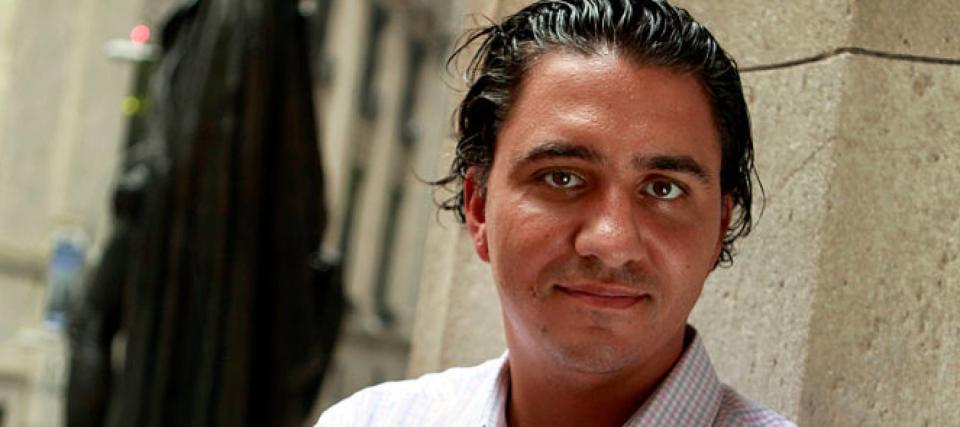‘The ultimate free-riders’: Why early retirement enthusiasts may make a mess of your golden years

Retirement sounds so dreamy to one group of Americans that they’re not willing to wait until 65 for it to arrive.
Known as the FIRE (Financial independence, retire early) movement, young people opt to live frugally, saving and investing up to 70% of their income with the goal of retiring in their 30s and 40s to pursue their passions.
Don’t miss
Let US retail giants like Walmart, Whole Foods, and Kroger provide YOU with passive income — become a 'grocery landlord' with this 1 simple move
Cost-of-living in America is still out of control — use these 3 'real assets' to protect your wealth today, no matter what the US Fed does or says
These 5 magic money moves will boost you up America's net worth ladder in 2024 — and you can complete each step within minutes. Here's how
But business writer and author of “Street Freak: Money and Madness at Lehman Brothers”Jared Dillian is no fan of the strategy. He thinks it’s bad for society.
“What if everyone retired at age 35 and played the ding-a-ling banjo? Well, GDP would go to zero and the stock market would crash,” he writes in his newsletter. “The FIRE people are the ultimate free-riders, piggybacking off the efforts of others.”
Meanwhile, many people in their 50s and 60s are thinking about delaying retirement to keep up with the cost of living. If young people start to cut in line, older Americans may find themselves stuck in the workforce longer than they’d planned to be.
How the FIRE movement affects your retirement
The way that FIRE devotees can retire in their 30s and 40s is by doing exactly what many other retired people do: count on their investments to bring in more money for them every year.
But Dillian has a big problem with this.
“The FIRE people also have a poor understanding of how capitalism works,” he writes. “The stock market is a function of corporate profits which is a function of output, which requires everyone to chip in.”
If young people pull out of the workforce so they can retire early and pursue their passions, Dillian is convinced that the stock market will fall — and degrade everyone’s money.
He theorizes that if you have a large chunk of the workforce pulling out because they’ve achieved FIRE, you won’t see the 10% annual gains that are typical of the stock market over the past few years. The output simply won’t be enough to produce that.
This will not only have a poor effect on the FIRE people, who’ll have to go back out and get a job with large gaps on their resumes, but also for seniors who don’t have that option.
Read more: Generating 'passive income' through real estate is the biggest myth in investing — here’s how you can do it in as little as 5 minutes
Should you worry about the FIRE people?
Though Dillian raises good points about FIRE, it’s not something older adults should have to worry about right now.
Even if people want to retire in their 30s or 40s, many of them simply can’t afford it. Young Americans can barely make ends meet, much less save 70% of their income.
The median age to retire still remains between 62 and 64, according to the most recent Retirement Confidence Survey by the Employee Benefit Research Institute.
Even if young people can achieve retirement early, it’s not always something they’ll keep up with. According to the Retirement Coaches Association’s 2023 survey, older adults often feel lonely, bored and unfulfilled in retirement.
Nearly half of Americans are open to working after retirement — and not just because of money concerns, but to keep up a purpose, according to a 2023 survey by financial services company, Empower. So even if they have enough money to stop working, young people may find remaining in the workforce offers them more than something to do 9-to-5 Monday to Friday.
What to read next
Rich young Americans have lost confidence in the stock market — and are betting on these 3 assets instead. Get in now for strong long-term tailwinds
Car insurance premiums in America are through the roof — and only getting worse. But 5 minutes could have you paying as little as $29/month
Millions of Americans are in massive debt in the face of rising costs. Here's how to get your head above water ASAP
This article provides information only and should not be construed as advice. It is provided without warranty of any kind.
